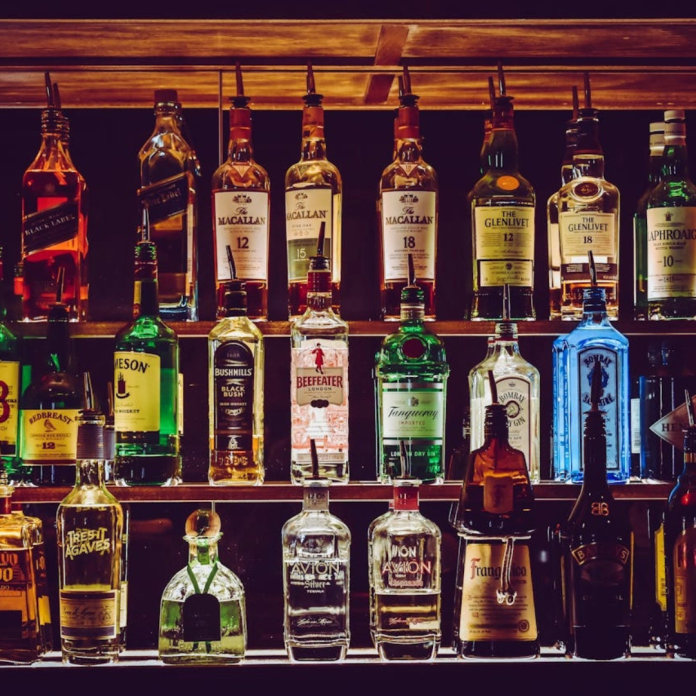Kenya is currently grappling with a nationwide debate after the National Authority for the Campaign Against Alcohol and Drug Abuse (NACADA) proposed increasing the legal drinking age from 18 to 21.
The proposal, introduced earlier this month, is part of a broader set of reforms aimed at curbing alcohol abuse among young people. These include banning online alcohol sales, prohibiting home deliveries, and establishing alcohol-free zones around schools and places of worship.
The initiative is driven by growing concern over youth alcohol consumption, which has prompted both support and backlash from the public, reflecting the country’s divided stance on regulating alcohol use.

A Preventive Approach to Youth Protection
NACADA’s 2024 survey revealed that 13% of Kenyans aged 15 to 65 drink alcohol, with young adults between 18 and 24 identified as particularly at risk.
“This is about shielding our youth before they become addicted,” a NACADA official said, noting a shift in strategy from punishment to prevention, emphasizing a public health response over legal enforcement.
This aligns with a 2023 Lancet report advocating for health-centric alcohol policies to achieve better societal outcomes.
The proposed reforms also draw from global examples. The move to ban online sales is supported by a 2023 WHO report linking digital marketing to a 15% increase in underage drinking. Likewise, the creation of alcohol-free zones near schools and churches echoes a 2016 policy in Sydney, Australia, which reportedly reduced public intoxication by 30% in those areas.
Public Resistance and Concerns Over Feasibility
Despite its intentions, the proposal has encountered stiff resistance, especially on social media, where critics have questioned its enforceability.
One user on X, @MsemaKweli, commented, “Raising the legal age won’t help if IDs aren’t checked and illegal brews are still everywhere.”
Other concerns centered around Kenya’s persistent challenges with enforcing alcohol regulations, especially in areas plagued by illicit brews and unlicensed vendors.
Religious concerns also surfaced. @BishopAmerican criticized the inclusion of churches in alcohol-free zones, noting, “Churches use sacramental wine—why include them?”
Meanwhile, others argued that the root causes of alcohol abuse among youth go deeper. “Alcohol isn’t the issue—young people are dealing with mental health struggles,” wrote @ThomasSankaraWN, urging a more holistic approach.
Practical issues were raised too. With churches and schools being so widespread, many questioned how these zones would be mapped or enforced. “Everywhere you turn, there’s a school or a church. How will alcohol lovers manage?” asked @Tuffgong_Kenya.
Some dismissed the proposal altogether. “These government agencies are out of ideas and just wasting time,” tweeted @AlenSeli.

Supporters Highlight a Shift Toward Health-Focused Policy
Despite the wave of criticism, several voices applauded the policy for prioritizing health over punishment.
“This proposal is refreshing—it treats drug and alcohol use as a health issue rather than a crime,” said @BreakTheKnown.
Others remained cautiously optimistic. “Banning alcohol near schools and raising the legal age could be impactful. Whether it works or not, time will tell,” tweeted @Ngala987.


